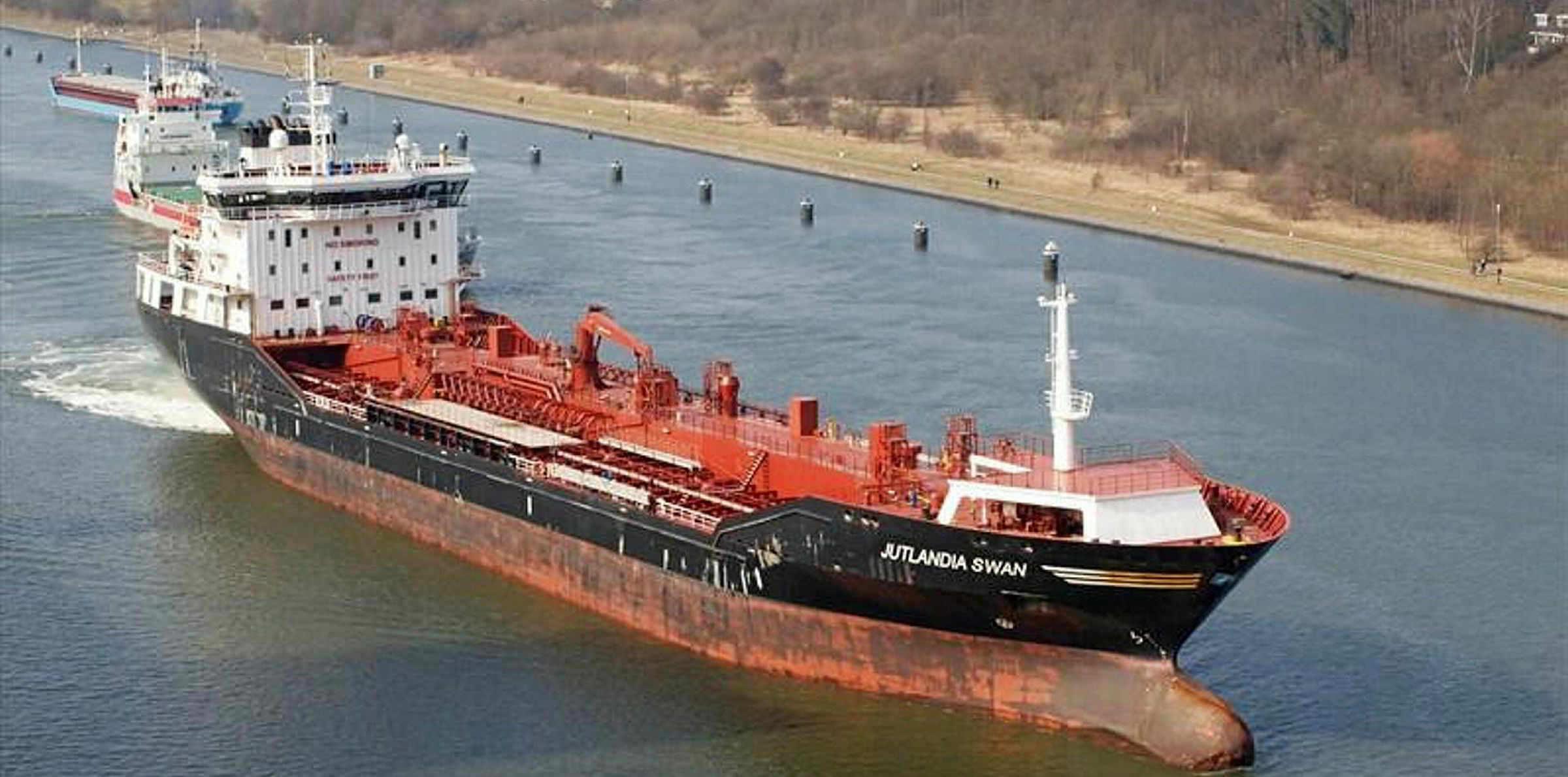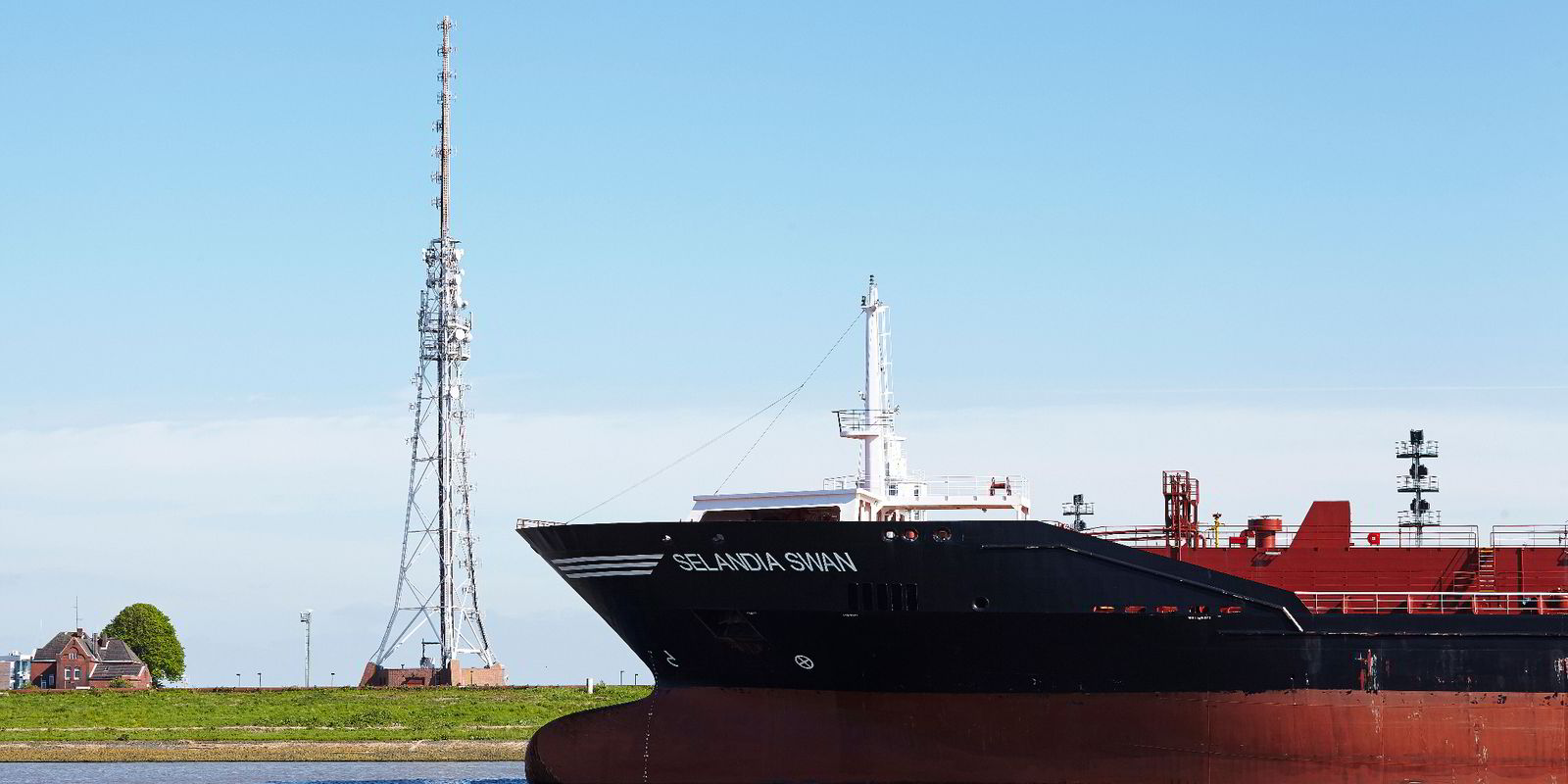Denmark's Uni-Tankers expects a broader range of business from its sister companies but also challenges in maintaining freight income as a result of the IMO 2020 rules, according to Michael Eskling, managing director in global chartering.
The Middelfart-based subsidiary of Danish maritime group United Shipping & Trading Co (USTC) also sees opportunities to carry IMO-compliant fuels like low-sulphur fuel oil for its parent, Eskling said.
USTC runs its marine fuel business through subsidiary Bunker Holding, which focuses on trading business. However, Bunker Holding has been expanding physical activity via new venture Bunker One in recent quarters.
“We have a physical trading arm. We are working with them in all the areas [where] we can,” said Eskling, whose company operates about 40 chemical and product carriers between 3,000 dwt and 18,000 dwt.
Eskling said Uni-Tankers has been carrying gasoil and fuel oil in Northwest Europe and US Gulf for the group bunker business.
Compliance fuel delivery
“In the future, it will also have compliance fuels [that] we are delivering to the customers,” he told TradeWinds on the sidelines of the Chemical & Product Tanker Conference.
IMO regulations will force vessel operators to switch to 0.5%-sulphur fuels from the cheaper high-sulphur fuel oil (HSFO) from 2020. While vessels can also install scrubbers to continue using HSFO, this solution is generally not favoured for small tankers due to their lower bunker consumption.
“Costs of transport will increase. There is no doubt,” Eskling said. “If you buy compliant fuel, it will be more expensive. You will end up with higher expenses.”
The main concern is on how we pass on the incremental expenses to the customers. We need to have understanding from the charterers
Michael Eskling
“The main concern is on how we pass on the incremental expenses to the customers. We need to have understanding from the charterers.”
Additional charter demand
That said, Eskling suggested there could be additional charter demand arising from the new rules, which would give vessel owners and operators more bargaining power.
“For the first couple of years you could see some [more] transport of compliant fuel” to smaller ports where the 0.5%-sulphur grades are not available, according to Eskling. Some people [also] speculate gasoil will need to be transported more for blending purposes.”
“You may see a little bit of tonne-mile increase.”
Meanwhile, the company is considering newbuilding projects, according to its website. “[Fleet renewal] is a concern of ours,” Eskling said, although the company's fleet has a relatively young average age of nine years. It currently has no newbuildings on order.





